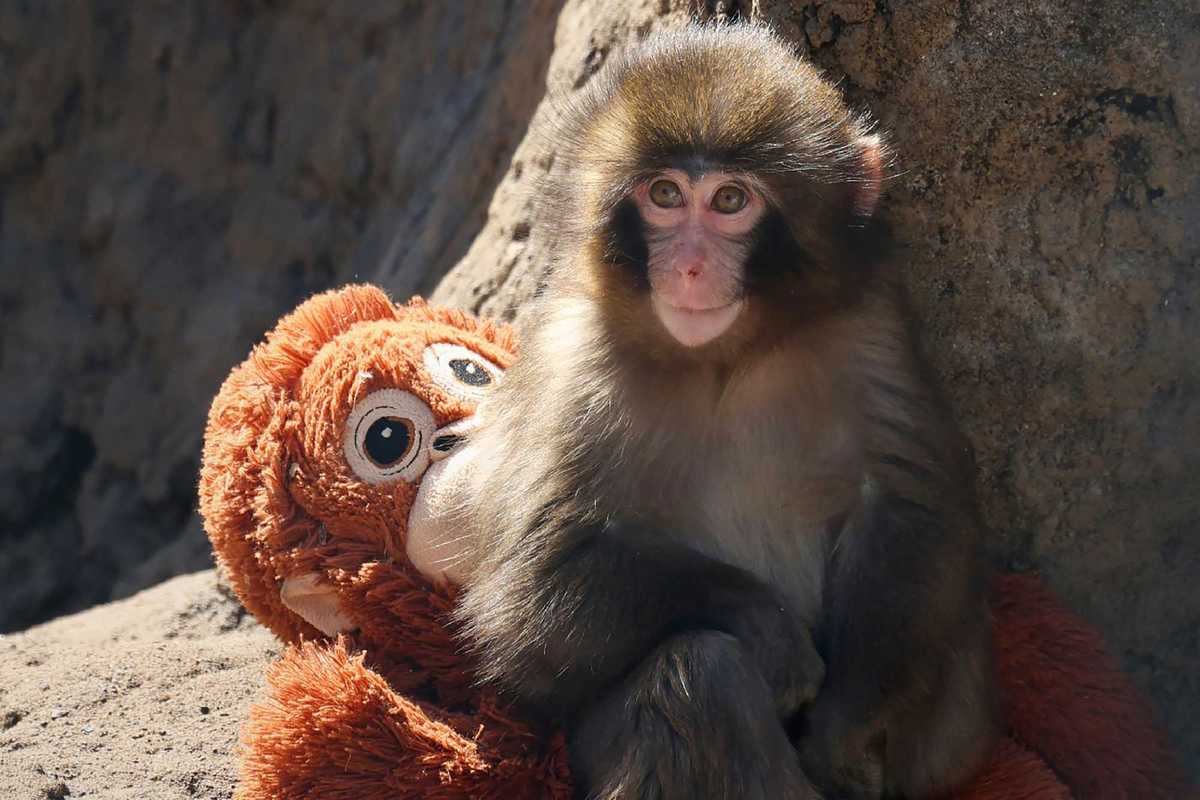News
Bethan McKernan
Dec 23, 2015
More than 18 million people in Ethiopia are facing a food crisis in the next few months because of a severe drought.
The UN has warned that a lack of rain in the east African country, which has left crop yields in some areas down by 90 per cent, will leave millions in need of food aid.
Lula Derar, who talked about a “very challenging time” for herself and her family. “We could not survive without food assistance”, she told WFP. Photo: WFP/Melese Awoke)One of the only lasting images the West associates with Ethiopia is the famine in 1983-5 that killed more than 400,000 people, and now the country is facing another severe threat from water shortages.
The drought in the north of the country has killed livestock, many children face the risk of malnutrition, and a lack of clean water is increasing the threat of disease.
The Ethiopian government has been praised for quick action in setting aside £130m to deal with the growing crisis, but the UN says much more is needed. A joint appeal has been launched to raise an additional £923m.
The UK, already one of the largest bilateral donors in Ethiopia, has pledged to provide £30million, which will go to UN emergency food, water, and healthcare funds.
International Development Minister Nick Hurd warned that the drought was approaching the scale of the water shortage in the 1980s that killed so many:
70-year-old Maydana Megene says he has never seen a drought like this as far back as he can remember. (Photo: WFP/Melese Awoke)This time the Ethiopian government is in a much stronger position to help their people. However, they need the help of the international community.
With millions in serious need of help, Ethiopia is facing a major humanitarian crisis and urgently needs the world to step up and provide lifesaving relief.
A stable, more prosperous Africa is firmly in Britain’s national interest and it is right that we do all that we can to prevent the crisis spiralling out of control.
The drought has been attributed to the El Niño effect, which this year is the strongest on record. El Niño is the name given to the effects of Pacific Ocean surface temperature rise which changes wind patterns and causes flooding, drought and affects harvests in various parts of the world.
Both the Ethiopian and UK government are urging that steps are taken to both tackle climate change and increase long-term food security to mediate the effects of future droughts.
For more information and to donate to drought relief efforts, click here.
(Photo: WFP/Melese Awoke)More: We've reached peak food
More: This is why 1.7million Syrian refugees won't get food aid this December
Top 100
The Conversation (0)













